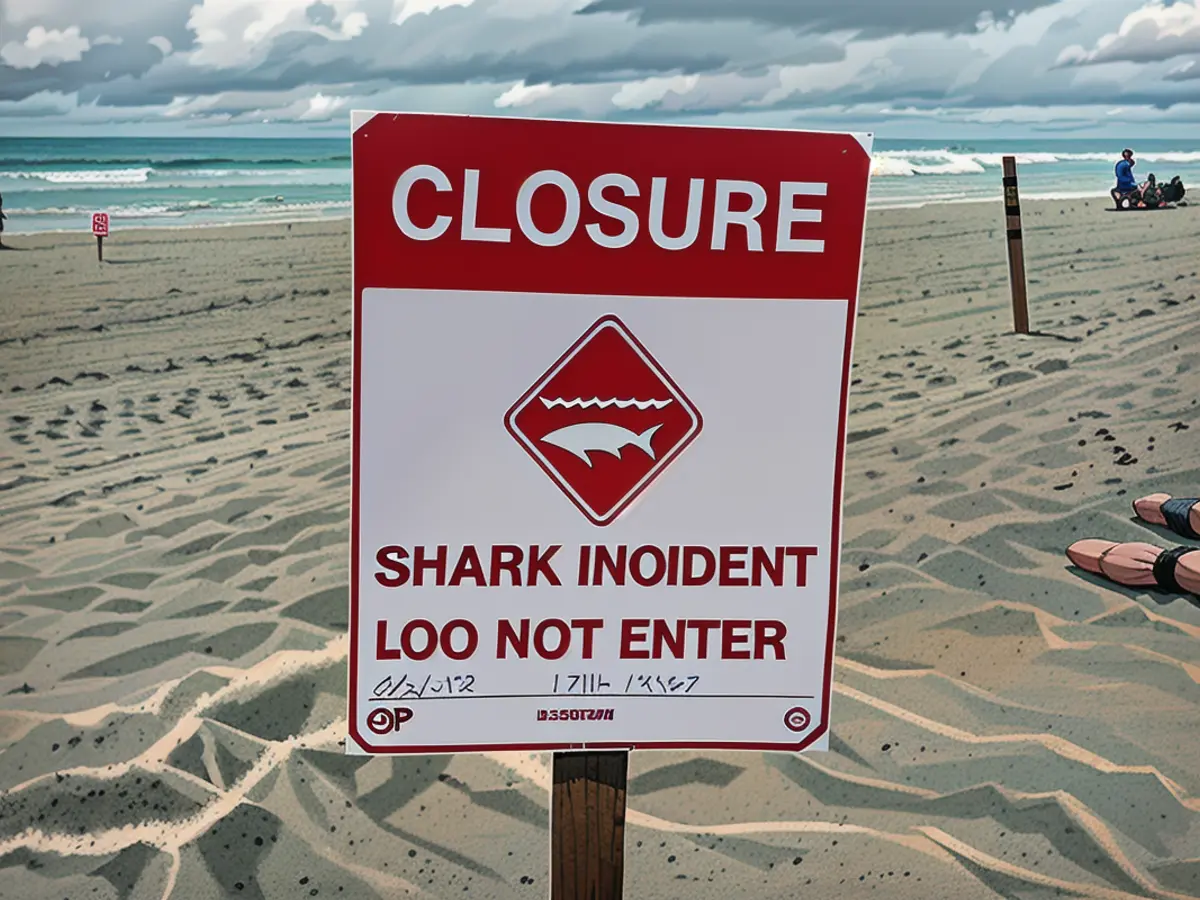A 46-year-old man experiences injuries believed to be caused by a shark in California.
A man dubbed "the shark victim" was left with significant injuries after getting bitten in Del Mar, California this past Sunday morning. This news came via Jon Edelbrock, who serves as the community services director and chief lifeguard for the city.
The incident reportedly went down at 8:56am, a short 100 yards from the Del Mar coastline near the lifeguard towers.
Among a group of experienced swimmers regularly found in this area, the unnamed man suffered numerous shark bites to his midsection, in addition to inflicting damage on his arms and hands. Thanks to the quick assistance of his friends, the individual managed to make it safely back to shore. The local lifeguards then administered pre-hospital care and tended to his wounds before escorting him to receive further treatment at a trauma center.
Later on, the serious injuries led the doctors to perform surgery. Edelbrock had confirmed that visible skin lacerations resulted from the encounter.
By a "two-mile stretch", the affected region — where the shark bite took place — has been closed off as a precautionary measure.
In order to analyze the victim's wet suit for potentially relevant DNA, the California State University's Shark Lab was summoned, led by Director Chris Lowe. Following the researchers' inspection, Lowe theorized that the perpetrator was probably a baby white shark.
Shark Lab staff members are now putting optimism into a new scientific feature they'd like to utilize to locate and track sharks in the area. "We want to use it in the future to assist coast guards in managing beaches," Lowe stated.
Even though sharks are prevalent in the region, biting incidents are uncommon, according to Lowe.
Recent Shark Lab research has discovered that young white sharks generally swim very close to people, but these circumstances often go unnoticed.
An article from the lab, released last year, revealed that the likelihood of getting bitten at a shark congregation site is smaller than at a non-crowded shore.
"Sharks generally prefer to avoid human presence. However, there are instances where they make regrettable errors," Lowe commented. "It's possible the shark involved this incidence had not had prior encounters with people yet."
Read also:
The man who was injured, part of a group of regular swimmers, is from the United States. After receiving treatment at a trauma center, the local authorities continued to monitor the situation in the affected area.








